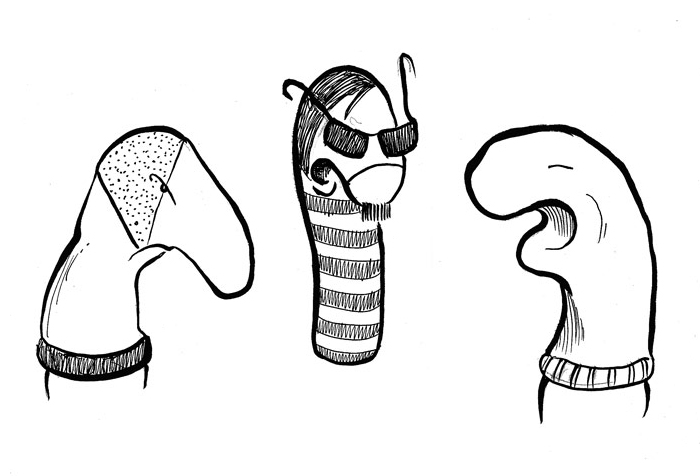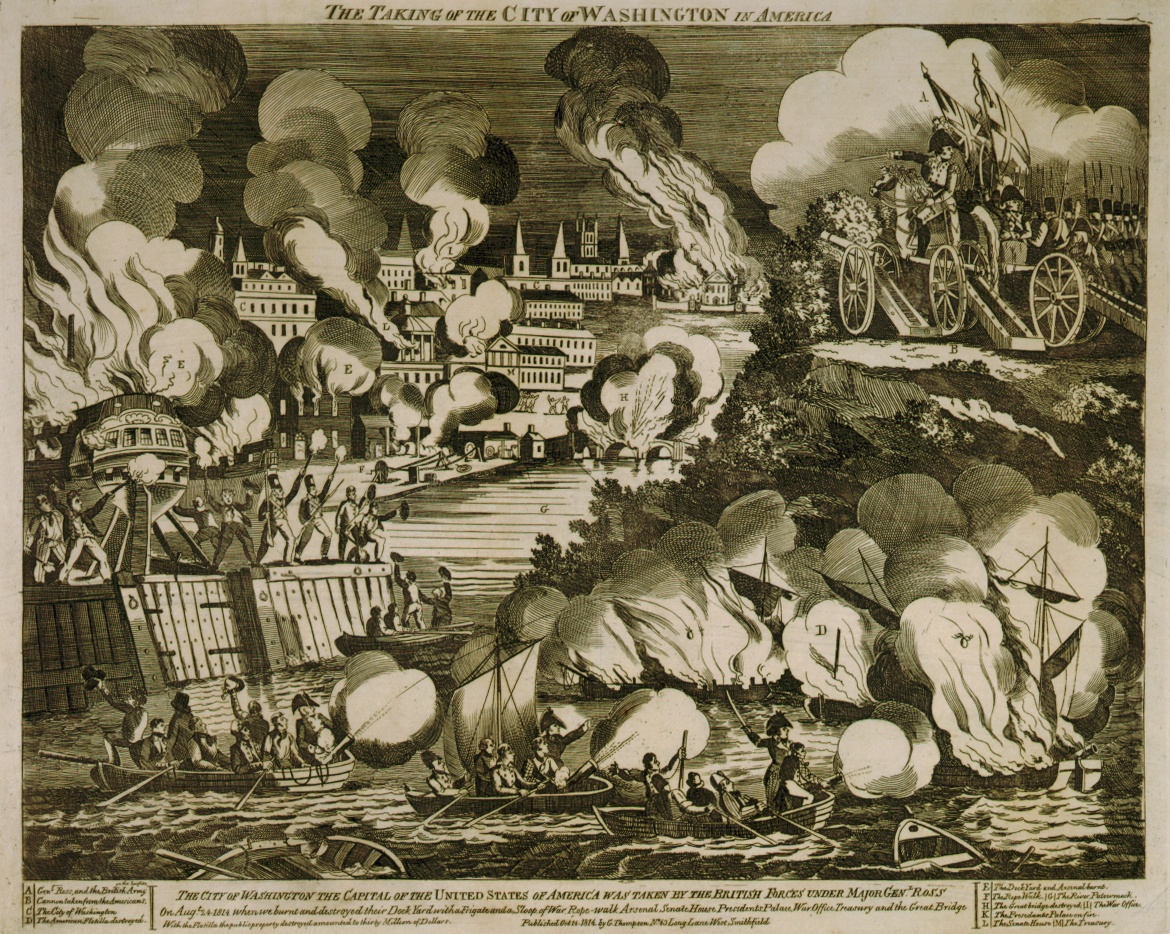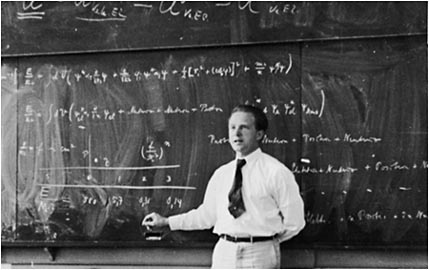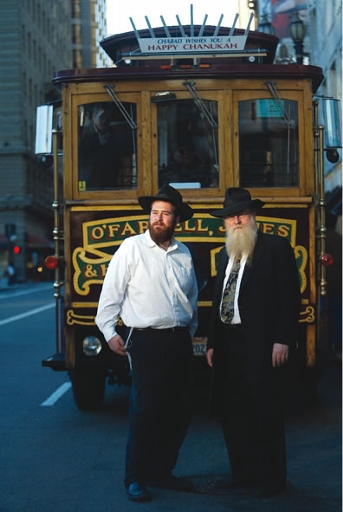I apologize if this is repetitive and wordy. I am writing this at work, and it is quite late.
We learn in the
third chapter of Sha'ar HaYichud VeHaEmunoh, the second book of Tanya (to get to my point, skip until after the quote — or until the main point):
The Alter Rebbe has explained that the activating force of the Creator must constantly be vested within creation, ceaselessly recreating and reanimating created beings ex nihilo. This force consists of the creative “letters” which emanate from the five supernal organs of verbal articulation.
והנה אחרי הדברים והאמת האלה
Now, following these words of truth concerning the nature of creation, namely, that the activating force must continually be vested in created beings and create them ex nihilo,
כל משכיל על דבר יבין לאשורו איך שכל נברא ויש הוא באמת נחשב לאין ואפס ממש
every discerning person will understand clearly that every creature and being, even though it appears to have an existence of its own, is in reality considered to be absolute naught and nothingness
לגבי כח הפועל ורוח פיו שבנפעל המהוה אותו תמיד ומוציאו מאין ממש ליש
in relation to the activating force which creates it and the “breath of His mouth” which is within it, continuously calling it into existence and bringing it from absolute non-being into being.
Since this function must be continuous, it follows that the creature’s activating force is the true reality of its existence; the being itself bears no comparison to the activating force which is wholly responsible for its existence.
ומה שכל נברא ונפעל נראה לנו ליש וממשות
The reason that all things created and activated appear to us as existing i.e., self-subsisting and tangible, and we fail to see the Divine activating source which is the true reality of any created being,
זהו מחמת שאין אנו משיגים ורואים בעיני בשר את כח ה׳ ורוח פיו שבנברא
is that we do not comprehend nor see with our physical eyes the power of G‑d and the “breath of His mouth” which is in the created thing.
אבל אילו ניתנה רשות לעין לראות ולהשיג את החיות ורוחניות שבכל נברא
If, however, the eye were permitted to see and to comprehend the life-force and spirituality which is in every created thing,
השופע בו ממוצא פי ה׳ ורוח פיו
flowing into it from “that which proceeds from the mouth of G‑d” and “His breath,”
לא היה גשמיות הנברא וחומרו וממשו נראה כלל לעינינו
then the physicality, materiality and tangibility of the creature would not be seen by our eyes at all,
כי הוא בטל במציאות ממש לגבי החיות והרוחניות שבו
for it (this physicality, etc.) is completely nullified in relation to the life-force and the spirituality which is within it
מאחר שמבלעדי הרוחניות, היה אין ואפס ממש כמו קודם ששת ימי בראשית ממש
since without the spirituality within it it would be naught and absolute nothingness, exactly as before the Six Days of Creation, at which time the creature was utterly non-existent.
והרוחניות השופע עליו ממוצא פי ה׳ ורוח פיו, הוא לבדו המוציאו תמיד מאפס ואין ליש ומהוה אותו
The spirituality that flows into it from “that which proceeds from the mouth of G‑d” and “His breath,” — that alone continuously brings it forth from naught and nullity into being, and this spirituality gives it existence.
אם כן אפס בלעדו באמת
Hence, there is truly nothing besides Him in any created being, apart from the Divinity — the only true reality — that brings it into existence.
The created being does not constitute a true reality, inasmuch as it is wholly dependent for its existence on the continuous flow of Divine life-force. Indeed, its existence verily consists of that activating force.
Usually, when I explain this idea, I give an analogy from physics. We know that position is relative. I may be close to you, but I am far from him. We know that speed is relative. If I am on a train, and I roll a ball across the floor to you, the ball may be rolling 1 meter per second relative to you, but relative to someone outside the window, the ball is rolling 51 meters per second (or 49 mps), since the ball is moving with the train. We know thanks to Einstein's Special Theory of Relativity that time, mass and length are relative: the faster I move (relative to you), the slower time passes, the more massive I become, and the shorter (in the direction of the movement) I become — relative to you.
At this point I usually say: lehavdil, Chassidus, introduces the concept of relativity of existence. One thing exists only in relation with another thing. So, relative to each other, we can be said to exist, since our existence, our "magnitudes" are approximately equal. But relative to G-d, who is the only true existence, the only unconditional, infinite, undefinable, supernal existence, we cannot be said to exist. Relative to Him, we cannot be said to
really exist. Limit to infinity of 1/x approaches zero. Our reality and existence become “dissolved”, as it were, in the infinite reality and existence of G-d. And since G-d’s “point of view” is the real one, we really do
not exist.
Main point:
Tonight, however, while driving in the car, I suddenly envisioned a simpler way of thinking about the above. Maybe it is not necessarily closer to Alter Rebbe's pshat, but it is nevertheless one way of understanding the creation's non-existence:
If the world is created anew every single moment, created
ex nihilo, then each “instance” of the world exists for infinitesimally small amount of time. The “space” that the world occupies on the time line, on the line of existence, is zero, literally. Because it's not that the world we live in is changing, and this change is caused by G-d, but it's the same old world all along. Aderabe: it's
not the same world. It's a new world every single moment. The world that is created is gone immediately, and a new world comes and is gone again. Just like the past cannot be said to exist, the present really cannot be either! Tanya makes this very hippy-sounding concept very real by linking it with
creatio ex nihilo. There is no specific world that you could point your finger at to say it exists. Because it's already gone.
It is an incredibly deep and powerful thought from the point of view of haskala, philosophy. But the avoida message for us is very powerful too. One could take the reality too seriously. And the above says: "Don't. It doesn't really exist." How can you be a slave of your everyday worries if they do not really exist? On the other hand, one could also very easily say: “Hey! The reality is illusory. There is no true world. The world does not exist. Worries do not exist. Responsibility does not exist. Consequences do not exist. The spoon does not exist. Be merry; be happy; do whatever you wish, go wherever your whims pull you at the moment.” But Chassidus answers to that: “Aderabe! There is one reality that
does exist — G-d!”
G-d exists. And we have a responsibility towards Him. And it is the only responsibility we have. The only reality that we can have — that we
must have — in our lives. And everything else — yes, it does not exist! The worries about the physical things; the desires of physical pleasures (from ice cream to cool gadgets); all the distractions of the physical world, all the loves and fears of the physical world — yes, they themselves are nothing. They don't exist. But G-d does. And His will to keep creating this world out of nothing exists. And those aspects of our reality that have to do with Hashem and His Will — namely, Torah and mitzvos — oh yeah, those things are real. The only reality there is. And (looking for the opposite perspective) to think that the world can ever be a barrier to Torah, can ever distract one from Torah, is ridiculous.
But it goes deeper. Because we do have responsibilities. We have to keep feeding ourselves and our families. And be cognizant of our health. And work and earn parnoso. And look for apartments (one-bedroom or studio in Brighton/Brookline/Allston area starting January). Because these things have to do with our mission in this world; with our carrying out of His Will. We have to be mentchlach. Because Hashem put us in this world for a reason. But we cannot be worried — since, after all, this is all nothing, and He is in charge.
Thus, on the one hand, Chassidus liberates us from taking the world too seriously. We leave the Mitzroim of thinking that the gashmius that surrounds us, all of its everyday details, are real and important. And on the other hand, Chassidus forces us to be responsible towards gashmius — but responsible because we are responsible to Hashem! Chassidus refocuses our relationship with the world as an existing, real, independent, scary entity that one has to take seriously for its own sake to a relationship with G-d (through the world): the infinite, all-powerful, benevolent G-d. And as a result, a chossid
is a mentch who takes the world seriously, but only as a way of serving G-d.
But it goes deeper. If the only things that can be said to exist are He and His Will and those aspects of reality that have to do with His Will, then by bringing Torah into the world, by making the world relevant in terms of Torah, by using the world as a tool in our avoidas Hashem (as opposed to shielding ourselves from it) — but not for the sake of the world; for the sake of Torah and Hashem! — we really do become partners in creation: we make the world exist. You can recycle all you want — you're recycling a lot of nothing. But do a single mitzva, and you're creating a reality.
And that, Frodo, is an encouraging thought. But at the same time, it's a great responsibility. Because this means that we have to sift through every single grain of sand that comes our way and ask ourselves two questions: 1) am I using this in my service of G-d? and 2)
can I use it in my service of G-d? It's very easy to answer “no” to the first question and throw the grain of sand away. But we better be sure first that we could not make this grain of sand into a dwelling for G-dly Presence.





























